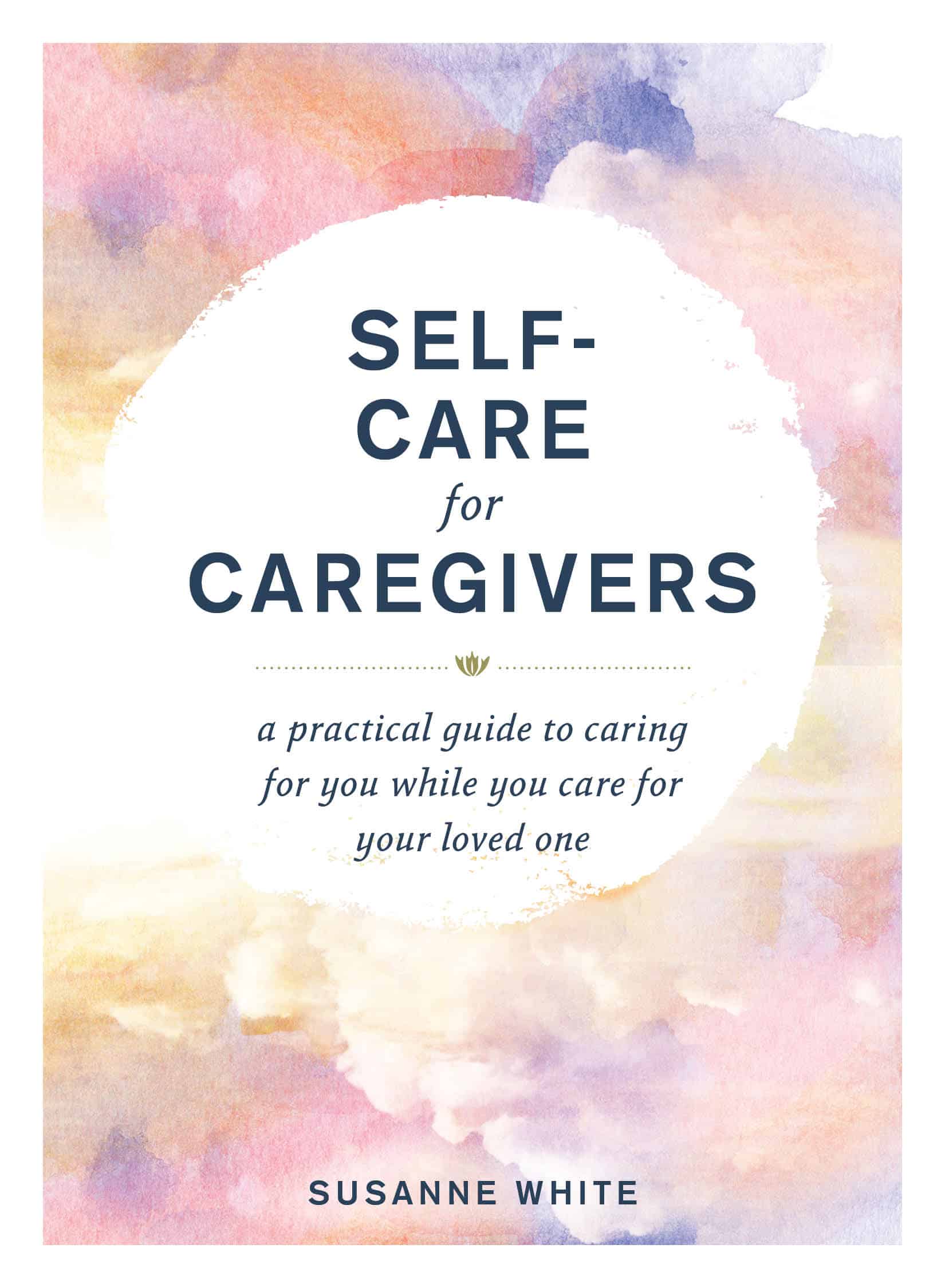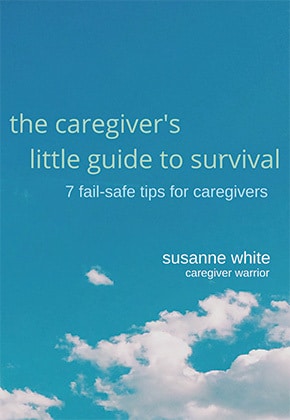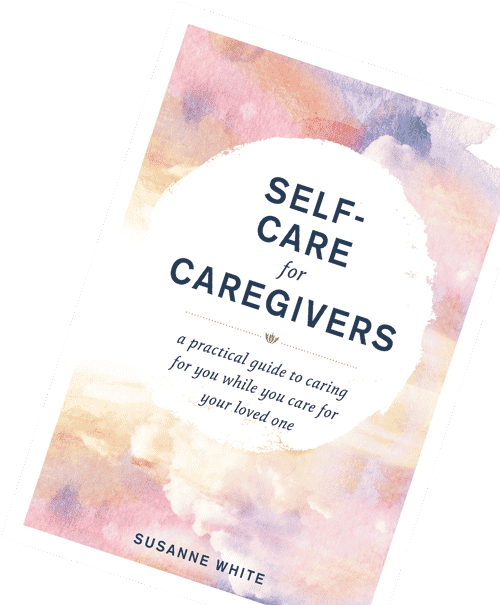I have written blogs on all aspects of caregiving but I noticed that certain subjects get more of a reaction than others. Some seem to hit a nerve. One of those that people seem to react to over and over, is one I wrote about caring for an active alcoholic or addict. I believe this is a situation many more people face that I originally thought, although it doesn’t surprise me. I have seen and heard so many people share about this in various forums.
Just as a disclaimer of sorts I’d like everyone to know that I am clean and sober for 34 years. So just as my personal caregiving experience allows me to speak about caregiving from my point of view, my experience, strength, and hope in recovery allow me a personal view about alcohol and drug addiction. I have had many addicts and alcoholics both active and in recovery in my life. I have also cared for active addicts, so I have been there, done that, have the t-shirt and ate the popcorn. I have struggled on many levels with this debilitating and insidious disease. All of our stories are different but our journey is the same. Walking down the path of caring for a loved one involved in substance abuse is treacherous and devastating.
I have been brought down to my knees on occasion and have also risen above the situation on others. I’ve never experienced such frustration and anger, nor have I felt such peace and serenity. Caregiving alone is not for the faith of heart, caring for family members ups the game and then if you mix in alcoholism and addiction you are now in the high stratosphere of challenge. So here’s what helped me survive. This is a short list and I may add to this later (and value your input for sure) but it’s a birds-eye look at what I personally found helpful.
1. Do not do this alone.
This is a basic tool in general for caregivers but I mean this in a specific way for family and friends of addicts. There are 12 step programs and meetings specifically for the family and friends of alcoholics. I won’t get into the details as it’s not appropriate but research local groups or Alanon phone meetings. Check your church, Alzheimers Foundation, City and State organizations for groups to join or meetings to attend. Lock into other caregivers who are in the same space and share, connect, call, reach out and support. It’s amazing what how crazy and alone we feel when we are not bouncing our thoughts off another human who understands what we are going through. I have always found relief when I share my feelings with someone who understands my situation and can offer me support even if they are just a good listener. Often, what they do share back to me is that they are going through or have been through the exact same things and I immediately feel less hopelessness. If someone else made it through I can too, right? I also suggest any therapy you can afford and arrange. Therapy is not a luxury, but a critical and valuable tool to guide you with support and personalized tools to make this entire experience easier and less painful.
2. Do not feel shame
Shame is trauma and a killer and has no place in our lives nor any valid reason for existing. You are showing up for someone who has a disease. Alcoholism, in my opinion, is a disease (and usually hereditary) and needs to be acknowledged as a disease. Would you be ashamed of someone who had cancer? I know it’s hard when those we care about act out but all the acting out is symptomatic of a disease that is slowly eating away at them. And it has nothing to do with you. You didn’t cause it, you can’t change it and you can’t cure it. Period. I know it’s devastating to stand by and watch it happen, but being embarrassed, or ashamed is a dangerous waste of time because it prevents you from reaching out and getting help for you. Not for them, for you.
3. Look out for number one.
This is a self-care pitch, but it’s a little bit tough love too. Everything feels better when you are in good shape. Rest, good food, socializing, reaching out, getting help, delegating, saying no, setting boundaries are just a few of the things that make you stronger when the going gets tough. This is up to you. You must demand time and energy spent on you. The addict will never be satisfied with what and how much you do for them. If you allow them to stop you from living your life and taking care of your needs it’s your fault if they bring you to your knees. I would never suggest neglecting your caregiving responsibilities in any way, but we both know there times every day that we deny ourselves something that could give us relief because we feel guilty or undeserving. Don’t do it. Being co-dependent is also addictive behavior. We are only responsible for us and we should not take that lightly. Looking out for number one is like putting on swat gear. It’s a protective layer between their behavior and our threshold for it.
4. Let go of expectations.
Expectations are pre-meditated resentments. When we insist on having expectations we are setting ourselves up for disaster. We can’t control the addict, their behavior or the situation around them. The only way to avoid this is to know when we are planning anything that we will do the best we can to set things up in a positive, efficient way but if it breaks down along the way, we need to go with the flow and not take it personally. Trying to control the outcome so that it looks like we think it should look like is another waste of time. Life with an addict is unpredictable. We can’t hold on to what should be. We can only ride it out and pray to know when to do the next right thing and when to just back off.
Here’s the caveat. All of this looks great on paper but when push comes to shove, our addicts will infuriate us, frustrate us, scare the crap out of us and make us really sad. So the answer is found in how we treat ourselves so we remain strong and able to show up for their shenanigans. We can love the person but hate the disease of alcoholism with vengeance. That’s easier to do when we remember that it is a disease and they are not responsible but accountable. It’s not about us, and it’s not our job to make them get sober or straight. It’s our job to accept them as they are, support them when it’s healthy for us to do so, and detach when it isn’t. We must keep the focus on us and take great care to give ourselves every advantage to be emotionally supported and physically healthy. The more we realize they are not doing this to us, just near us the better we will feel about them and ourselves.
Please let me know your thoughts. Your feedback means the world to me.










My daughter is an alcoholic and has been for about 10 years. She has been in and out of treatment facilities numerous times and can’t stay sober. At 52 years old, she has lost her husband and two children and lives alone. I am contemplating retaining a caregiver on a daily basis to see if a companion might help her to stay sober. Any thoughts?
I am so sorry for this heartbreaking situation with your daughter. I too have had loved ones who had this devastating disease of alcoholism. I am also a recovering alcoholic so I am aware of how difficult it is to get sober and stay sober. In my personal experience 12 step programs changed my life and the lives of those around me. In particular there is a 12 Step program called Alanon which is a mutual support program for people whose lives have been affected by someone else’s drinking. I have found many answers and support there. Living with an alcoholic is never easy, however the help I received at Alanon truly helped me and those I loved. There are face to face meetings and phone meetings. You can find information online or from your local Alcoholics Anonymous office. My thoughts and prayers are with you.